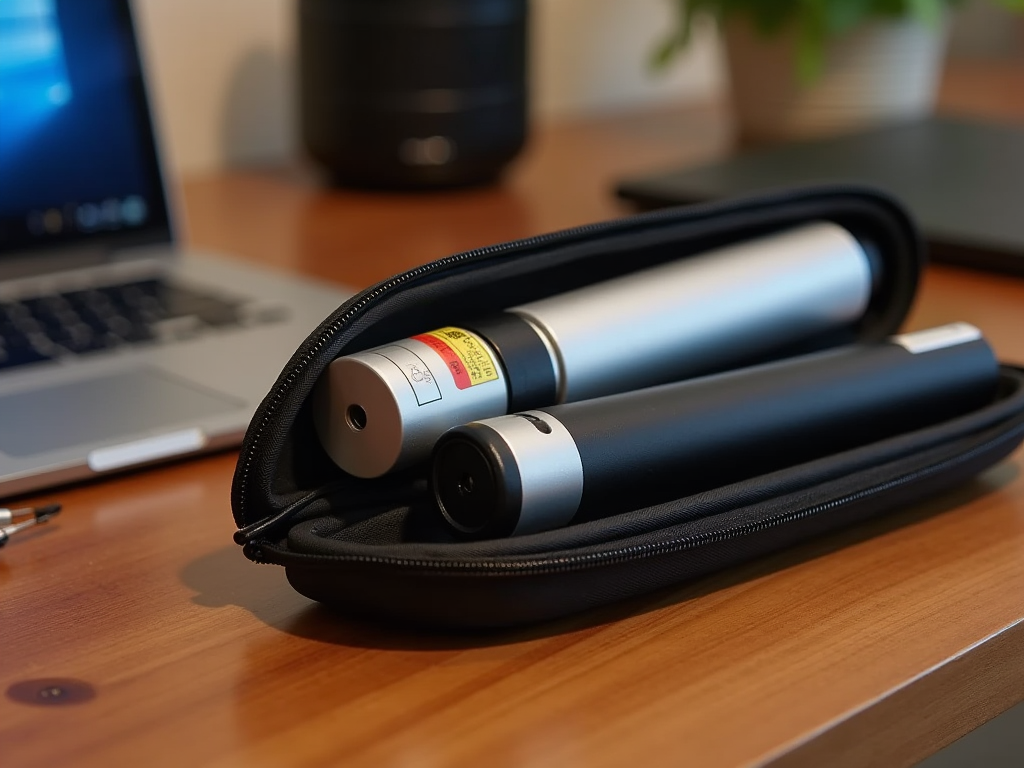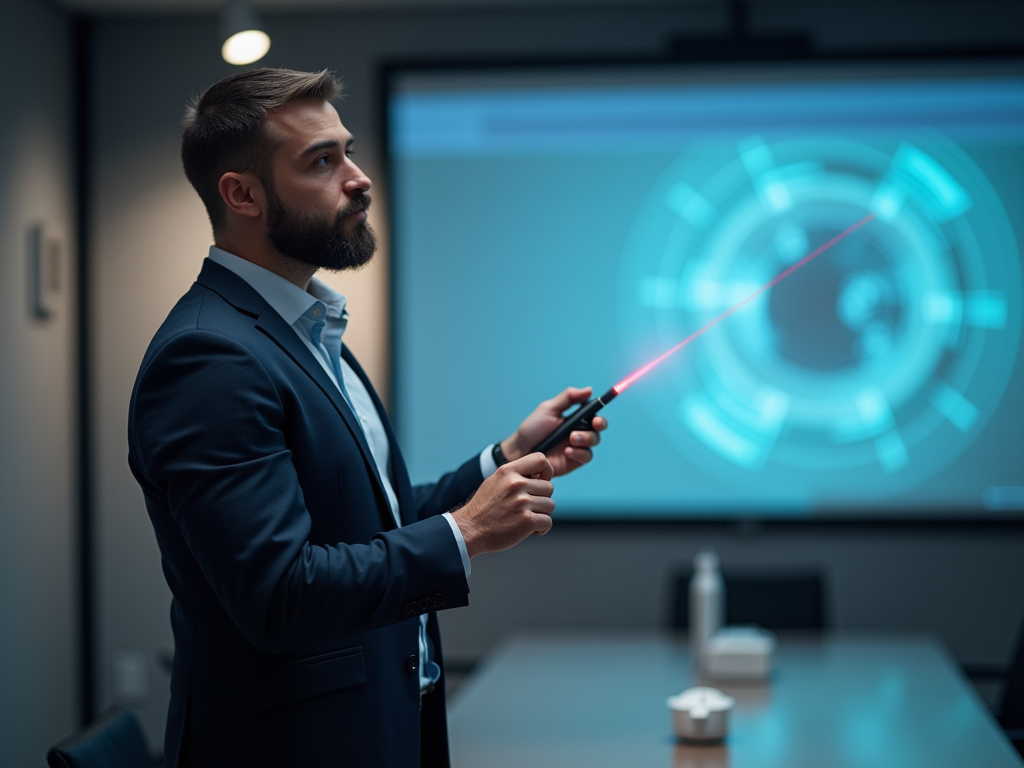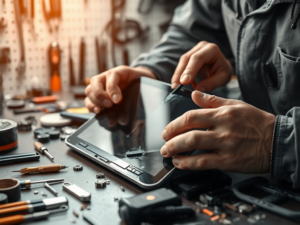In today’s digital age, laser pointers have become ubiquitous tools for professionals, instructors, and even pet enthusiasts. Their primary purpose is to highlight specific areas visually, but improper use can pose significant hazards. This article delves into how to safely use laser pointers, ensuring both effective outcomes and personal safety.
The Basics of Laser Pointer Safety

Laser pointers, while seemingly innocuous, are devices that can emit a beam of light powerful enough to cause injury if misused. It’s crucial to understand the different classes of lasers and their potential risks. Class 2 lasers, for instance, are usually safe for use in presentations, while Class 3 and 4 lasers require extra caution due to their potential to cause eye injury. It is always advised to follow the manufacturer’s instructions and warnings to prevent any accidents. Proper laser pointer usage requires an understanding of the device’s specifications and the environment in which it is used.
Key Considerations for Safe Usage

To ensure safety while using laser pointers, several factors should be kept in mind. Firstly, never point a laser at anyone’s eyes, as even brief exposure can result in temporary or permanent vision impairment. Secondly, avoid pointing lasers at reflective surfaces which can redirect the beam unpredictably. Thirdly, always purchase laser pointers from reputable manufacturers that adhere to safety regulations. In public spaces, it’s vital to use laser pointers discreetly, ensuring they do not cause distraction or alarm to drivers or pilots.
The Legal Regulations Surrounding Laser Pointers
In many countries, strict regulations govern the sale and use of laser pointers to mitigate risks associated with misuse. Users should be familiar with their local laws regarding permissible laser power levels and any required registrations or permits. The sale of laser pointers exceeding a certain power threshold may be restricted to licensed professionals only. Here’s a simplified guide to understanding laser regulations:
- Check the allowed laser classes in your region.
- Consult local laws about purchasing and carrying laser devices.
- Review penalties for misusing laser pointers in public places.
Understanding these regulations not only helps avoid legal repercussions but also promotes responsible usage.
Maintaining a laser pointer in good condition is as crucial as understanding its safe use. Regularly check for any damages or malfunctions and replace batteries as needed. Improperly stored or maintained devices can malfunction, posing increased risks. Store laser pointers in a secure location away from children and unauthorized users. Ensure that the device is turned off and securely capped after use, to prevent accidental activation. Consistent maintenance checks will not only prolong the life of your pointer but also ensure it operates safely.
Conclusion
Laser pointers serve as valuable tools across various fields, provided they are used responsibly. Awareness of potential hazards and adherence to safety protocols are essential to prevent accidents. By following guidelines for safe operation, legal compliance, and maintenance, users can fully benefit from these devices without facing undue risks.
Frequently Asked Questions
Q1: Can laser pointers cause permanent eye damage?
Yes, laser pointers, particularly those with higher power levels, can cause permanent eye damage if directed into the eyes for even a short duration. Always exercise caution and never point them at anyone’s eyes.
Q2: What are the most common uses for laser pointers?
Laser pointers are commonly used in academic and professional presentations to highlight key points on slides. They are also used by astronomers to point out stars and constellations, and by pet owners for entertainment.
Q3: Are there any age restrictions for using laser pointers?
In many regions, there are age restrictions on purchasing and using higher-powered laser pointers. It’s advisable to check local regulations. Additionally, laser pointers should always be kept out of reach of children.
Q4: How can I ensure my laser pointer is within legal power limits?
Purchase laser pointers from reputable retailers who provide information on the product’s power rating and compliance with local laws. Avoid buying from unverified online sources where power specifications may not be accurately disclosed.
Q5: What should I do if someone gets accidentally flashed by a laser pointer?
If someone gets flashed, ensure they see a healthcare professional immediately, especially if they experience visual disturbances. It’s better to have any potential damage assessed by specialists as soon as possible.












